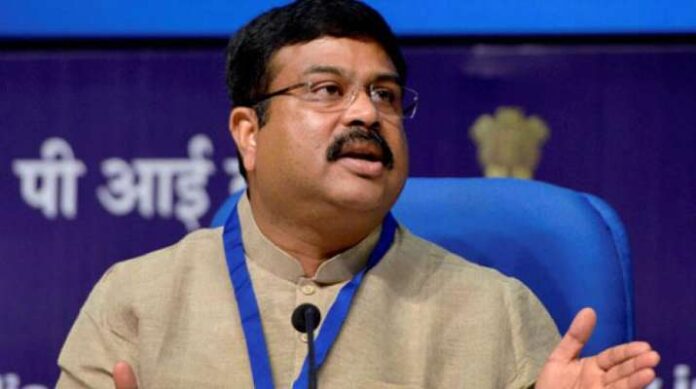A union education minister has called for an IIT and IIMs multidisciplinary transformation. Union Education Minister Dharmendra Pradhan has urged the Indian Institutes of Technology (IITs) and Indian Institutes of Management (IIMs) to adopt a multi-disciplinary approach, which is a significant move in line with the National Education Policy of 2020.
In order to improve educational diversity and innovation within these esteemed institutions, Pradhan’s directive emphasizes the need for them to expand beyond traditional specializations.
At the Odisha Research Centre (ORC) opening, which was held in association with eminent institutions, Pradhan emphasized the center’s critical role in investigating a range of research topics involving Odisha’s rich history, culture, economy, and societal aspects.
The opening of this center is expected to have a significant impact on how education is shaped, especially in the years preceding Odisha’s centennial celebrations in 2036 and India’s centennial of independence in 2047.
Speaking to a group of dignitaries that included Governor Raghubar Das of Odisha, his counterpart Biswa Bhusan Harichandan of Chhattisgarh, and other officials, Pradhan emphasized the need to establish a multidisciplinary education system in accordance with the National Education Policy of 2020.
He emphasized how important it is that IITs and IIMs adopt this revolutionary strategy.
Agenda for Research and the Minister’s Vision of ORC
Launched with great ceremony, the ORC seeks to carry out research in a broad range of areas, including politics, agriculture, technology, healthcare, smart cities, art, culture, archaeology, literature, sociology, and sustainable development. The center’s emphasis on vital areas such as semiconductors, rare earths, advanced minerals, and cutting-edge technologies was emphasized by Minister Pradhan.
Pradhan also outlined the long-term goals of the ORC, emphasizing its strategic role in creating a detailed road map for the advancement of Odisha and the preservation of the Odia language.
He emphasized how important the ORC’s contributions were, particularly in the run-up to Odisha’s and India’s centennials of independence.
The cooperative establishment and goal of ORC
The ORC was founded with the goal of developing novel epistemological frameworks in partnership with esteemed organizations including the Indian Knowledge Systems Division, Ministry of Education, IIM Sambalpur, IIT Kharagpur, and IIT Bhubaneswar. A comprehensive examination of Odisha’s complex history, culture, economy, and social structure will be made possible by these frameworks.
The main goal of the ORC is still to create innovative approaches to explore the various facets of Odisha’s history, encouraging creativity and academic achievement in line with the multidisciplinary approach of the National Education Policy.
































